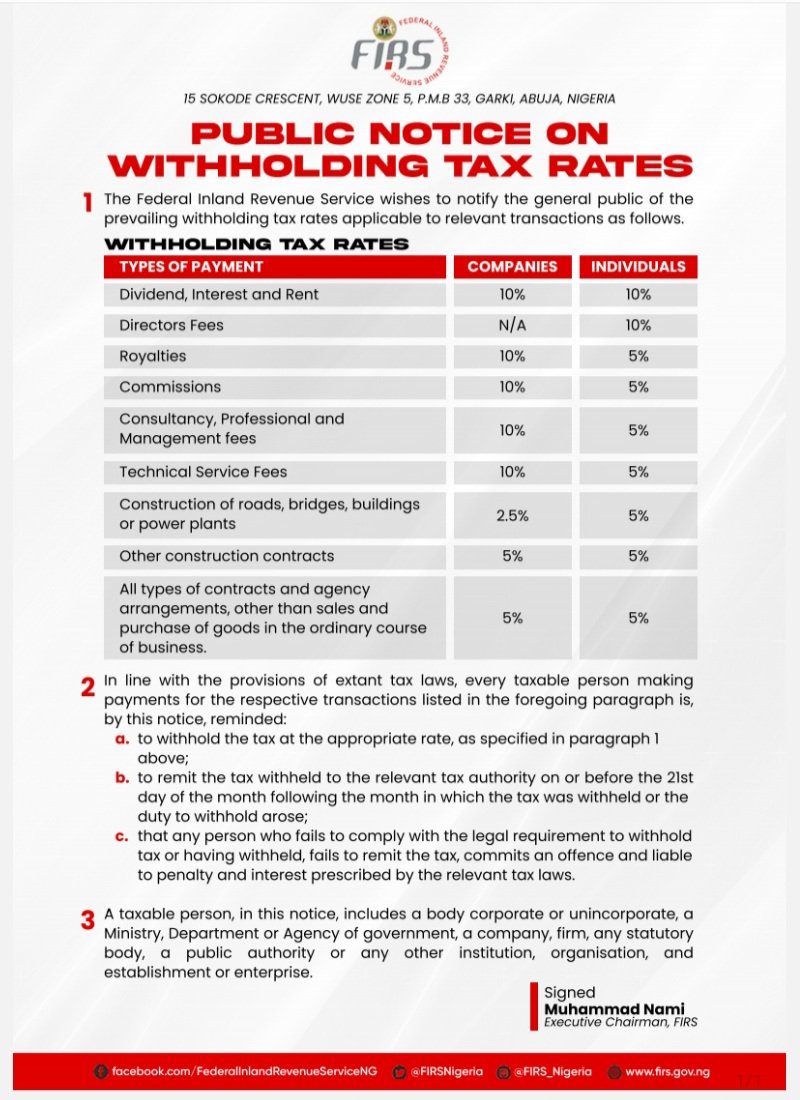
For two days, on January 25 and 26 at the Anti-Corruption Academy of Nigeria in Keffi, Nasarawa State, seven experts from within and without the Independent Corrupt Practices and other related matters Commission (ICPC) took turn to dwell on different topics at the capacity building for the media on reporting anti corruption issues as they relate to ICPC Initiatives.
The experts/resource persons include Akeem Lawal, the ICPC Director of Operations, who spoke on Understanding Anti-Corruption Issues and Investigations: Overview of the ICPC Act and ICPC Mandate; Mohammed Ashiru Baba, the ICPC Director of Public Enlightenment and Education who treated the issue of ICPC Initiatives: Overview of the Public Enlightenment and Education Mandate.
Others were Abbira Udofa, the ICPC Director of the System Study and Review, who spoke on Understanding ICPC Preventive Mandate: Adenekan Ebenezer Shogunle, the ICPC Deputy Director in the Legal department, who spoke on Effective Media Reportage of the Investigation and Prosecution of Cases of Sexual Harassment and Abuse of Office Under ICPC Act.

Yusuf Ali, Managing Editor (Northern Operations) of The Nation newspaper was also on hand to speak on The Roles of the Media in the Fight Against Corruption, even as Dayo Aiyetan, Director of the International Centre for Investigative Reporting (ICIR) treated the topic: Investigative Journalism and the Challenges of Reporting Corruption.
The topic: A Review of Nigeria’s Ranking on Corruption Perception of Transparency International was handled by Oluyinka Akintunde while Adebayo A. Kayode, ICPC Director, spoke on Asset Tracing, Recovery and Management.
The drafters of the ICPC Act 2000 must be very crafty and foresighted, though it looks overloaded. So also are the implementers or operators of the content of the Act are thorough in the way they do it as well as understanding what clearly, on the whole, is a difficult terrain they must tread to get things done.
When the Commission, through the legal frame work that set it up, is expected to fight not only financial corruption but OTHER related matters (emphasis mine), you would understand the seemingly unlimited power it wields.
The list of cases of corruption and related other matters which the Commission handles are mouthwatering. They include but not limited to the following:
Cheating, not keeping to promise, abuse of office, including using official position for the benefit of self, nepotism, cronyism, bribery, receiving and or giving kickback, trade in influence, theft, looting, extortion, misuse of entrusted power for private gain, embezzlement, fraud, misappropriation of public fund, favouritism, flaunting influence, lying, using coercion, cheating, diversion of funds meant for execution of public project, possessing properties above one’s earning, rape and so on. As a matter of fact, ICPC appears to combine the functions and responsibilities of almost all the other anti corruption and anti criminal agents, including the Economic and Financial Crimes Commission (EFCC), the Code of Conduct Bureau (CCB), the Nigeria Police Force (NPF), etc.
 ICPC Spokesperson.
ICPC Spokesperson.
The Bill for the Act which seeks to prohibit all forms of corruption and prescribe punishment for corrupt practices and other related offences, was passed and came into effect on 13th June, 2000. The Act was enacted pursuant to section 15 (5)chapter 2 of the 1999 Constitution, empowering the State to abolish corrupt practice and abuse of power AND National Assembly’s power to make laws for peace, order and good government in section 4 (2), chapter 1 of the 1999 Constitution.
Section 3 (14) of the ICPC Act says that while discharging its powers and responsibilities, it (ICPC) is not subject to direction or control of any person or authority.
The Act specifies the mandate of the Commission, with section 12 prohibiting the use of office by public officer to acquire direct or indirect interest in contract, agreement or investment emanating from his office.
Section 16 prohibits making of false statement or returns by any person charged with receipt, custody or management of public revenue or property while section 19 prohibits public officer from using his office/position to confer corrupt or an unfair advantage on himself, or relation, associate or another public officer.
In the process of operation, the Commission discovered at various times, irregular recruitments and abuse of the Federal Character Principles, abuse of procurement processes and fraud, none remittance of tax and other statutory deductions to appropriate authorities, diversion of revenue through staff loan.
It further discovered cash transactions against electronic transactions, even as, over the years, it closed down 115 illegal institutions. It works with Universities, using the draft code of ethics, to eradicate all forms of corruption, including harassment and sex-for-marks and grades.
The ICPC describes corruption as ubiquitous that is prevalent and predatory, believing that prevention is a crucial element to reduce, and possibly eliminate corruption.
It also believes that it is better and imperative to secure the treasuries (from being plundered) “than running after the thieves.”
In the total of 15-hour discourse with the experts in their fields, minus of course, 3-hour tea and lunch breaks, issue on how journalists could join forces to fight corruption came up prominently. And the major decimal in the discourse around this issue, is the need for Investigative Journalism.
Luckily, the three resource persons that treated the topic are journalists: one, Yusuf Ali who is still in active service and the other two, Ashiru Baba and Dayo Aiyetan that are now at the periphery of journalism profession – ICPC and International Center for Investigative Reporting (ICIR) respectively.
While Ashiru Baba and Dayo Aiyetan seemed to be more on the side of appeal to journalists, Yusuf Ali was pungent and forceful in his presentation, giving a plethora of personal examples of his exploits in investigative reporting. He concluded that investigative journalism does not harm, despite the risks involved.
My argument however, is that in the environment in which journalists operate in Nigeria, investigative reporting may appear harmless, lucrative and a sort of kill-joy, but when the chips are down, there is a fact that you are hurting a person and or institutions thereby directly and indirectly creating a market of enemies. It can also snowball into loss of business patronages (for media organizations) and above all, leading the investigative reporter to stand lonely.
For, when trouble arises for the investigative reporter, no one would be around and be ready to stand by him and go through the trouble, even litigation with him. If anything, as it happened to me many times when I ventured into that terrain years ago, you will even receive insults and innuendos from the unusual quarters: people that ordinarily should be your source of strength, including colleagues.
That Yusuf Ali went into Investigative reporting all this while and nothing bad crosses his path, to me, is more of divine luck (for him), and not a yardstick for general assessment.
What I had expected to hear from the advocates of investigative reporting to suggest, was a kind of support-base for those who want to venture into Investigative reporting, which is a world on its own. It can be ICPC or a subcommittee under it that will register courageous reporters for the purpose of involving them in its operations or be a total support-base for the investigative reporters. Interest of the media organizations in which such investigative reporter work can also be factored into the new arrangement.
Above all, Special Fund can be created, through the instrumentality of amendment to relevant provision of the ICPC Act for the purpose of tidying up the package for effective function of the system, for Investigative reporting.
If talks should be matched with actions, this is the way to go!

Yusuf Ozi Usman
End of the Takeaways.








